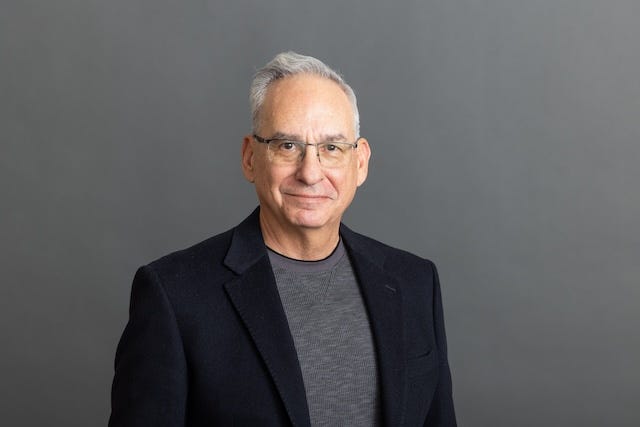A Life For Liberty: Randy Barnett
Manage episode 428212406 series 3413287
Are we all originalists now? Definitely not; originalism has no shortage of critics.
But as the latest Term of the U.S. Supreme Court made clear, originalism is the dominant mode of constitutional interpretation at One First Street today. As the justices debate the doctrine’s finer theoretical points, such as the proper use of history and tradition, it’s clear that the debate is no longer “originalism or not originalism,” but “which originalism” or “whose originalism.”
So it’s more important than ever to understand the originalist mindset. And if you’re looking for help on that front, I have a book recommendation: Professor Randy Barnett’s new memoir, A Life for Liberty: The Making of an American Originalist. As promised by its subtitle, the book provides excellent insight into originalism as a theory—but as an engaging and enjoyable memoir, it’s far more fun to read than any casebook or treatise.
What drew Randy Barnett to originalism? Why does he view his losses in two landmark Supreme Court cases—Gonzales v. Raich, a Commerce Clause challenge to criminalizing medical marijuana, and NFIB v. Sebelius, a nearly successful effort to topple the Affordable Care Act—as victories of a sort? Why did he decide to write a memoir—and why does he think you should, too? All this and more is revealed—on the latest episode of the Original Jurisdiction podcast.
Show Notes:
Randy E. Barnett bio, Georgetown University Law Center
A Life for Liberty: The Making of an American Originalist, Amazon
Libertarianism Updated, by Randy E. Barnett for Law & Liberty
Prefer reading to listening? For paid subscribers, a transcript of the entire episode appears below.
Sponsored by:
NexFirm helps Biglaw attorneys become founding partners. To learn more about how NexFirm can help you launch your firm, call 212-292-1000 or email careerdevelopment at nexfirm dot com.
20 episodes






